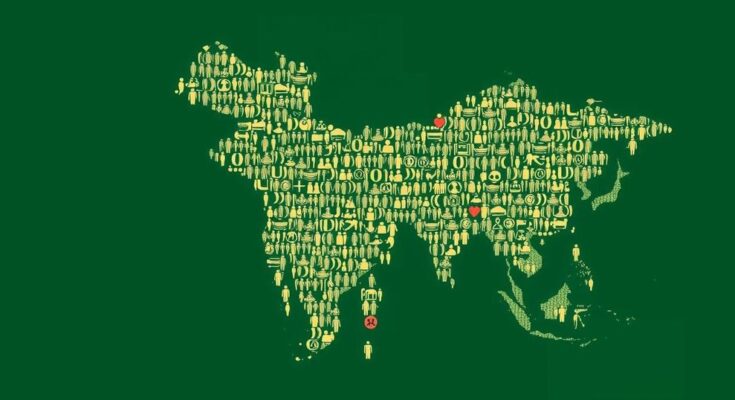On Tuesday, Lt Gen (retd) Md Jahangir Alam Chowdhury noted that Bangladesh’s human rights situation surpasses that of many countries, especially when compared to places facing severe violations. His statements were made following a meeting with a UN delegation, during which various human rights concerns, including those related to the Rohingya crisis, were discussed. The delegation acknowledged Bangladesh’s peacekeeping contributions and suggested prioritizing human rights in police reform efforts.
Bangladesh’s interim government home adviser, Lt Gen (retd) Md Jahangir Alam Chowdhury, asserted that the human rights conditions in Bangladesh are notably superior to those observed in numerous other nations. He highlighted that while human rights violations occur globally, especially in regions like the Middle East, they are significantly less prevalent in Bangladesh, where the situation continues to improve incrementally. In a discussion with a United Nations delegation led by High Commissioner for Human Rights Volker Turk, Jahangir noted the necessity of a comprehensive dialogue about human rights issues. He emphasized Bangladesh’s commitment to cooperate and implement necessary reforms as recommended by the UN representatives. The UN delegation acknowledged the commendable efforts of Bangladeshi peacekeepers in international missions and suggested that the government ensure an impartial screening process for personnel sent on such missions. They proposed prioritizing human rights in police reforms and safeguarding victims and witnesses involved in legal proceedings. On the subject of the Rohingya crisis, Jahangir called for universal backing from the UN, expressing that international aid for Rohingya rehabilitation has been insufficient in comparison to the needs created by recent conflicts in Myanmar. He noted the increased influx of Rohingyas into Bangladesh and urged the UN to intensify its advocacy for Myanmar to address the ongoing crisis. The meeting was attended by significant figures, including Public Security Secretary Mohammad Abdul Momen and Dhaka Metropolitan Police Commissioner Md Mainul Hassan, indicating high-level interest in the human rights discourse. High Commissioner Volker Turk’s visit, lasting two days in Dhaka, aimed at fostering cooperation and discussing crucial human rights matters directly.
The statement from Lt Gen Md Jahangir Alam Chowdhury comes in the context of ongoing global discussions about human rights standards and practices. His remarks were made during a significant meeting with a UN Human Rights delegation, reflecting Bangladesh’s position and concerns about regional human rights challenges, particularly related to the inflow of Rohingya refugees due to political instability in Myanmar. This backdrop is essential for understanding the complexities of human rights dynamics not just in Bangladesh but also in the broader South Asian context.
In conclusion, the assertion made by Lt Gen Jahangir underscores Bangladesh’s belief in the improvement of its human rights scenario compared to many other nations. The discussions with the UN aimed at seeking support for essential reforms and addressing the ongoing Rohingya crisis indicate the government’s eagerness to engage with international partners. Moreover, the focus on police reforms and the safety of witnesses signifies a commitment to uphold and enhance human rights standards in the country.
Original Source: www.newagebd.net



